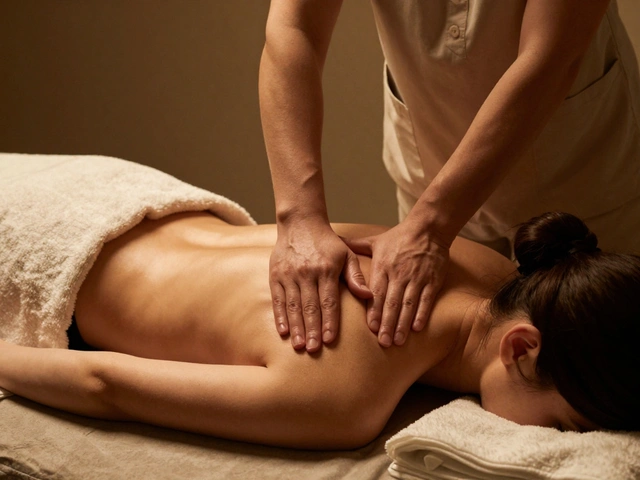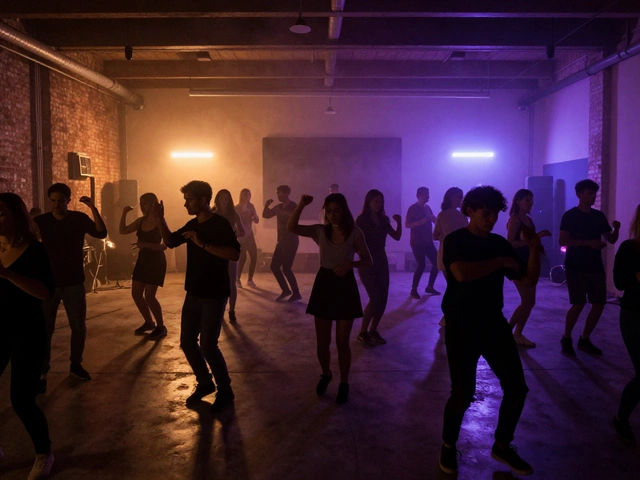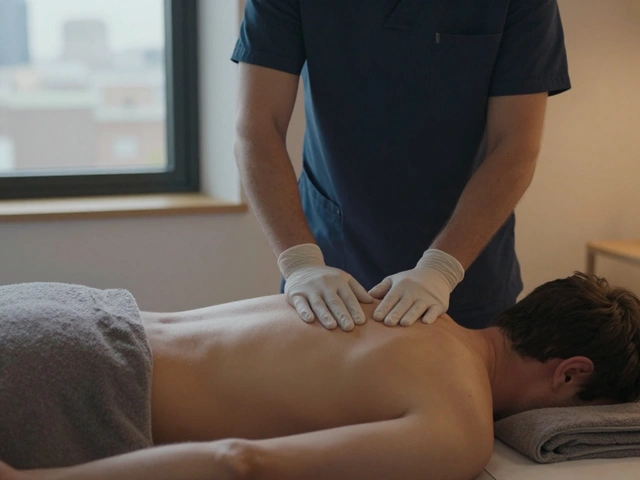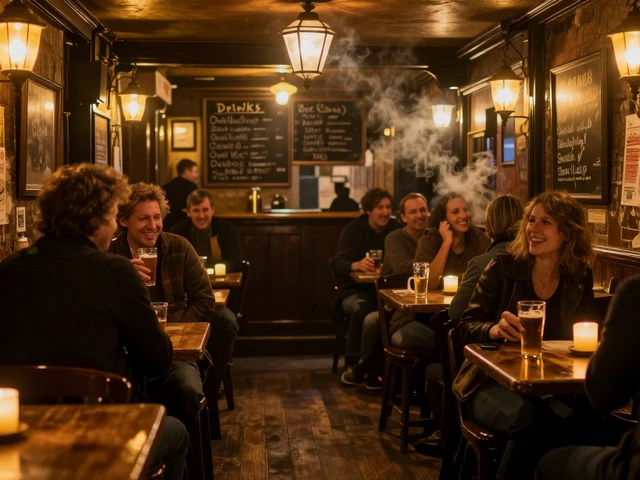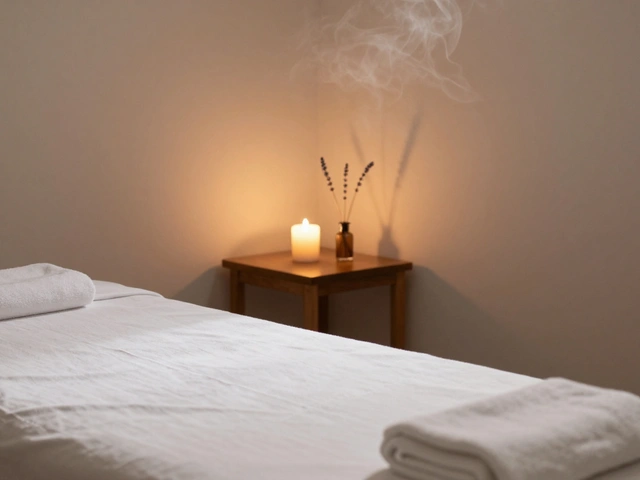What’s On at London Night Cafe? Your Guide to Evening Vibes, Live Music & Late-Night Charm
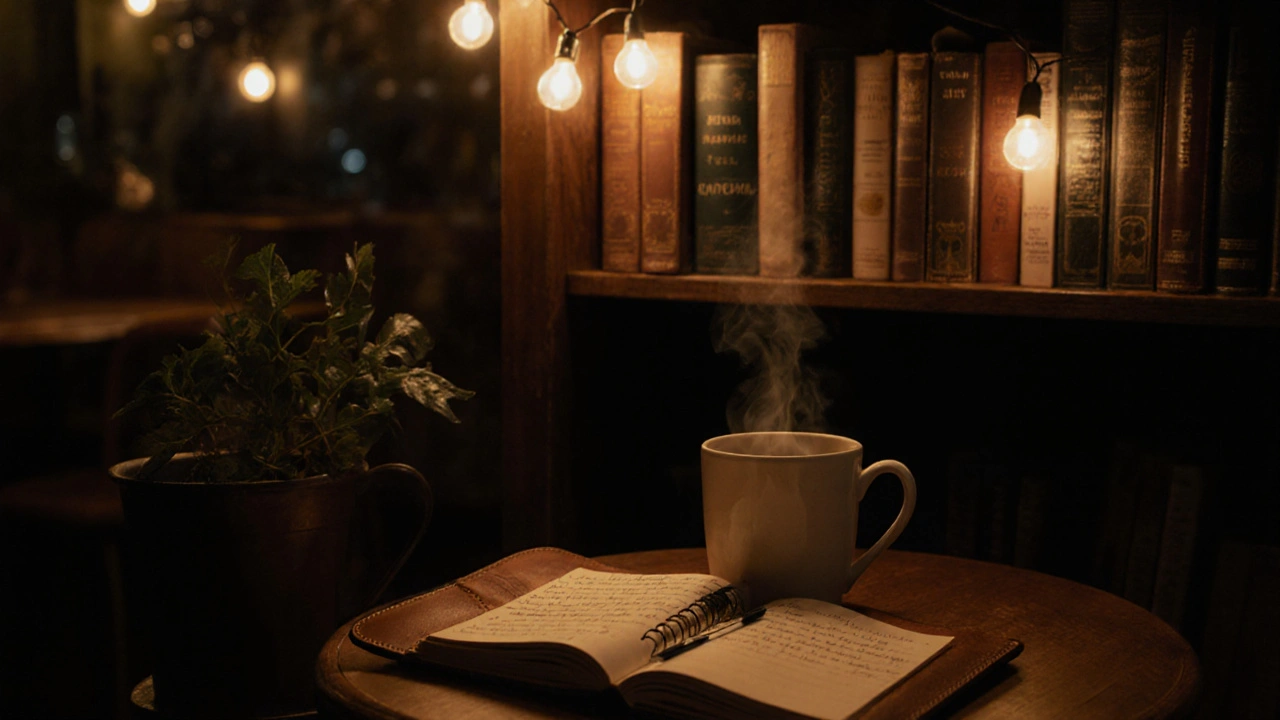
What’s On at London Night Cafe? Your Comprehensive Guide
When the sun goes down in London, the city doesn’t sleep-it shifts. And right in the heart of that transformation are the London Night Cafe spots. These aren’t your average coffee shops with dimmed lights. They’re living rooms for creatives, quiet escape hubs for night owls, and sometimes, secret stages for underground musicians. Whether you’re looking for a warm drink at 2 a.m., live jazz under low lighting, or just a place to think without the buzz of a pub, London Night Cafe culture offers something real, unfiltered, and deeply local.
Understanding the Basics of London Night Cafe
Origins and History
The idea of a cafe staying open past midnight isn’t new. In post-war London, places like the now-closed El Vino on Fleet Street became unofficial hangouts for journalists and artists who worked late. But the modern London Night Cafe scene really took shape in the 2010s, when independent operators started rejecting the nightclub model. Instead of loud bass and crowded dance floors, they focused on atmosphere: soft lighting, vinyl records, slow-brewed coffee, and space to breathe. Cities like Berlin and Tokyo inspired them, but London made it its own-blending British quietude with global urban energy. Today, these spots are less about drinking and more about being present.
Core Principles or Components
A true London Night Cafe runs on a few simple rules: no rush, no noise, no pressure. You won’t find fast Wi-Fi passwords scribbled on napkins here. Instead, you’ll see handwritten menus, mismatched chairs, and baristas who remember your name-and your usual order. The drinks? Often specialty brews, herbal infusions, or non-alcoholic cocktails made with local botanicals. Food is simple: sourdough toast with miso butter, spiced oat cookies, or a bowl of warm lentil stew. The music? Curated playlists, not playlists. Think: Nick Drake, Nils Frahm, or lo-fi jazz from a 1970s Japanese radio archive. The goal isn’t to entertain you-it’s to hold space for you.
How It Differs from Related Practices
It’s easy to confuse a London Night Cafe with a late-night pub or a 24-hour diner. But the difference is in the energy. Pubs are social engines-loud, boozy, built for connection. Diners are functional-they serve food fast, no matter the hour. A London Night Cafe is a pause button.
| Place Type | Primary Purpose | Typical Crowd | Atmosphere |
|---|---|---|---|
| London Night Cafe | Quiet reflection, creativity, slow connection | Writers, students, night workers, artists | Soft lighting, low volume, calm energy |
| Pub | Socializing, drinking, group events | Groups, tourists, after-work crowds | Loud, bright, energetic |
| 24-Hour Diner | Quick meals, convenience | Shift workers, travelers, insomniacs | Functional, fluorescent, no-frills |
Who Can Benefit from London Night Cafe?
Anyone who needs quiet without being alone. Students cramming for exams. Nurses finishing a night shift. Freelancers chasing deadlines. People recovering from social burnout. Even tourists who’ve had enough of Big Ben selfies and just want to sit with a warm drink while listening to rain tap the window. You don’t need to be a night person to enjoy it-you just need to be tired of the noise.
Benefits of London Night Cafe for Mind and Mood
Stress Reduction
Research from the University of Westminster shows that low-light environments with calming soundscapes can reduce cortisol levels by up to 23% in under 30 minutes. A London Night Cafe is designed for this. No flashing signs. No aggressive advertising. Just the hum of a coffee grinder, the rustle of pages turning, and maybe a distant saxophone. It’s not meditation-it’s ambient rest. You don’t have to try to relax. The space does it for you.
Enhanced Creativity
Many writers, poets, and indie musicians say their best ideas come after midnight. Why? Because the world is quiet, and so is their inner critic. London Night Cafes offer the perfect backdrop: enough stimulation to feel alive (a good cup of tea, a stranger’s laugh across the room), but not enough to distract. It’s the Goldilocks zone for creative flow.
Emotional Well-Being
Loneliness doesn’t always mean being alone. Sometimes, it’s being surrounded by people who don’t get you. In a London Night Cafe, you can be surrounded by people who also just want to be quiet. There’s a quiet solidarity there. You might not speak to anyone, but you’ll feel less alone. Studies from the Mental Health Foundation show that non-verbal social presence-like sitting in a room with others who share your rhythm-can improve mood without a single word exchanged.
Practical Applications
Think of a London Night Cafe as your personal reset button. Use it after a bad day. Use it before a big meeting. Use it when you need to write that email you’ve been avoiding. Some regulars even bring journals and write letters they’ll never send. It’s not about productivity. It’s about presence.
| Benefit | Description | Impact |
|---|---|---|
| Stress Reduction | Low sensory input calms the nervous system | Lower heart rate, deeper breathing |
| Creative Boost | Quiet space encourages free thinking | More ideas, fewer self-doubts |
| Emotional Safety | Non-judgmental, quiet community | Reduced feelings of isolation |
| Flexible Timing | Open when everything else is closed | Supports irregular schedules |
What to Expect When Engaging with London Night Cafe
Setting or Context
Walk into a good one, and you’ll notice the details. Flickering fairy lights. Books stacked on shelves you’re not allowed to touch. A single plant wilting slightly in the corner. The chairs? Slightly too low, so you have to lean forward to hear the person across from you. The walls? Maybe painted a deep green or charcoal. The scent? Roasted beans, cinnamon, and old paper. There’s no sign saying “Welcome.” But you feel it.
Key Processes or Steps
There’s no script. But here’s how it usually goes: You arrive. You pause at the door. You take in the quiet. You order something warm. You find a corner. You sit. You breathe. You might read. You might stare out the window. You might write one sentence and then stop. That’s it. No rush. No expectation. The barista doesn’t ask if you want another. They just know.
Customization Options
Want oat milk? Done. No sugar? No problem. Prefer tea over coffee? They’ve got five herbal blends. Need a blanket because it’s chilly? They’ll bring one. Want to sit by the window? Or the back booth? They’ll let you choose. The menu might be small, but the flexibility is huge. This isn’t a chain. This is a place built for individuals.
Communication and Preparation
You don’t need to prepare. But if you want to make the most of it, bring a notebook. Or a book you’ve been meaning to read. Leave your phone on silent. Don’t expect to be entertained. Come to be still. If you’re nervous about going alone, remember: everyone else is too. That’s why they’re here.
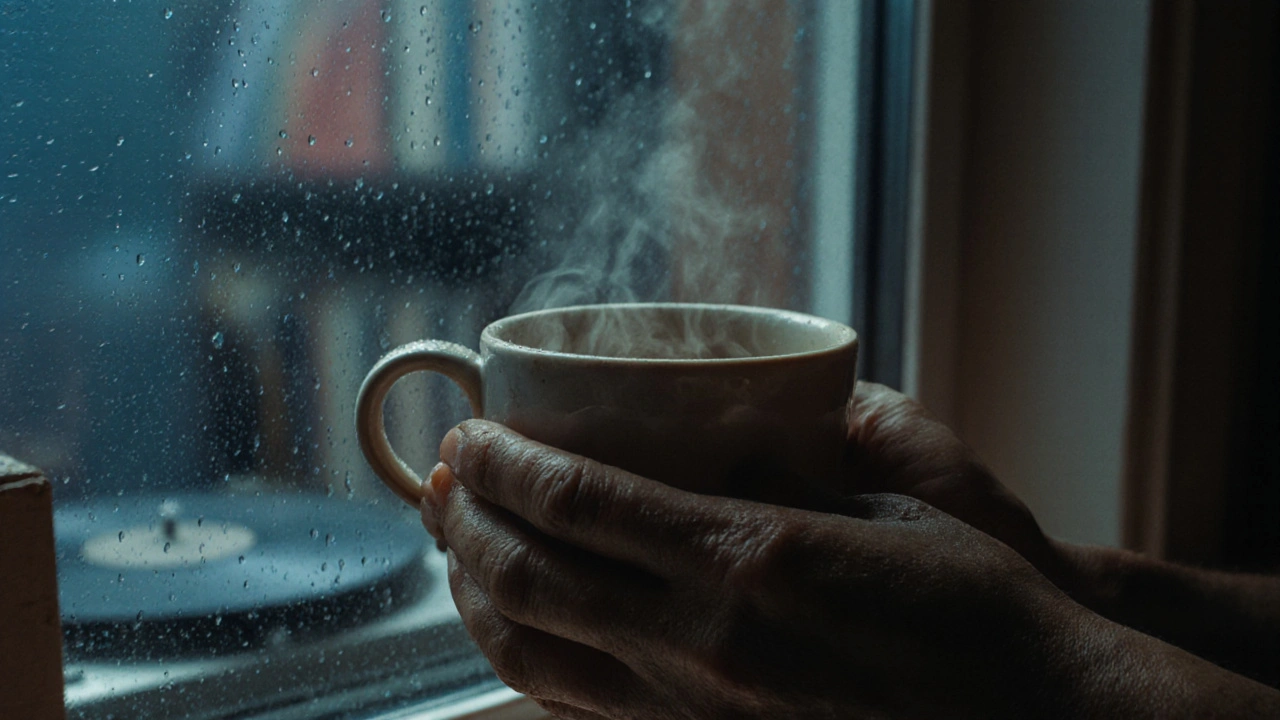
How to Practice or Apply London Night Cafe
Setting Up for Success
Find one that feels right. Not the one with the most Instagram likes. The one with the quietest corner. The one where the barista doesn’t smile too much. Try going on a Tuesday night-least crowded. Wear something soft. Bring a light jacket. Don’t plan to stay long. Let the time stretch.
Choosing the Right Tools/Resources
You don’t need fancy gear. But a small notebook, a pen that doesn’t smudge, and a pair of noise-canceling headphones (if you want music) help. Some places have free Wi-Fi, but the magic happens when you turn it off.
Step-by-Step Guide
- Choose a night cafe known for late hours (check local listings-many don’t advertise online).
- Go between 10 p.m. and 1 a.m. for the sweet spot.
- Order a warm drink-no alcohol, no sugar if possible.
- Find a seat where you can see the door but aren’t in the way.
- Put your phone in your bag. Don’t check it for 20 minutes.
- Just sit. Breathe. Listen.
- Leave when you feel ready-not because you’re bored.
Tips for Beginners or Couples
If you’re going with someone, don’t talk too much. Let the silence be part of the experience. If you’re alone, don’t worry about looking odd. You’re not odd-you’re intentional. And that’s rare.
FAQ: Common Questions About London Night Cafe
What to expect from a London Night Cafe?
You won’t get loud music, dancing, or a full menu. Instead, expect quiet, warmth, and a sense of calm. You’ll likely be served coffee or tea by someone who knows how to make it well. There might be books, art, or vinyl records on display. People are there to be alone together. You might hear a soft piano piece or the sound of rain outside. It’s not a party. It’s a pause.
What happens during a London Night Cafe visit?
Nothing dramatic. That’s the point. You sit. You sip. You think. Maybe you read a few pages. Maybe you watch someone else do the same. Occasionally, someone might play guitar for 20 minutes-just for the room. No applause. No photos. Just sound and stillness. The experience isn’t about what you do-it’s about how you feel when you’re done.
How does a London Night Cafe differ from a pub or 24-hour diner?
Pubs are for talking. Diners are for eating. London Night Cafes are for being. There’s no pressure to order more, to socialize, or to leave. The lighting is softer, the music quieter, the pace slower. You’re not a customer-you’re a guest in someone’s quiet sanctuary.
What is the method of a London Night Cafe?
There’s no method, only intention. The “method” is to create a space where time slows down. It’s about sensory reduction: less light, less noise, less rush. It’s the opposite of modern life. The baristas aren’t trained in hospitality-they’re trained in presence. They know when to refill your cup and when to leave you alone.
Safety and Ethical Considerations
Choosing Qualified Practitioners/Resources
There are no certifications for running a night cafe. But look for places with good reviews from locals-not tourists. Check Google Maps for recent photos. If the place looks clean, quiet, and lived-in, it’s probably good. Avoid spots with flashing neon signs or music that sounds like a club remix.
Safety Practices
London is generally safe, but late-night spots should still feel secure. Look for places with clear entrances, good lighting outside, and staff who seem present-not distracted. Don’t leave your bag unattended. Trust your gut-if it feels off, leave.
| Practice | Purpose | Example |
|---|---|---|
| Arrive before midnight | Ensure visibility and foot traffic | Go at 10 p.m. instead of 2 a.m. |
| Keep your phone charged | For emergencies or navigation | Use it only if needed |
| Know the exit | Quick escape if uncomfortable | Notice where the door is when you sit |
Setting Boundaries
If someone tries to start a conversation you don’t want, a polite smile and a nod is enough. You don’t owe anyone an explanation. This space is yours as much as theirs.
Contraindications or Risks
If you’re feeling extremely anxious or overwhelmed, a quiet space might feel too intense. That’s okay. Go to a 24-hour library instead. Or wait until you’re ready. There’s no rule that says you have to do this. It’s a gift, not a requirement.
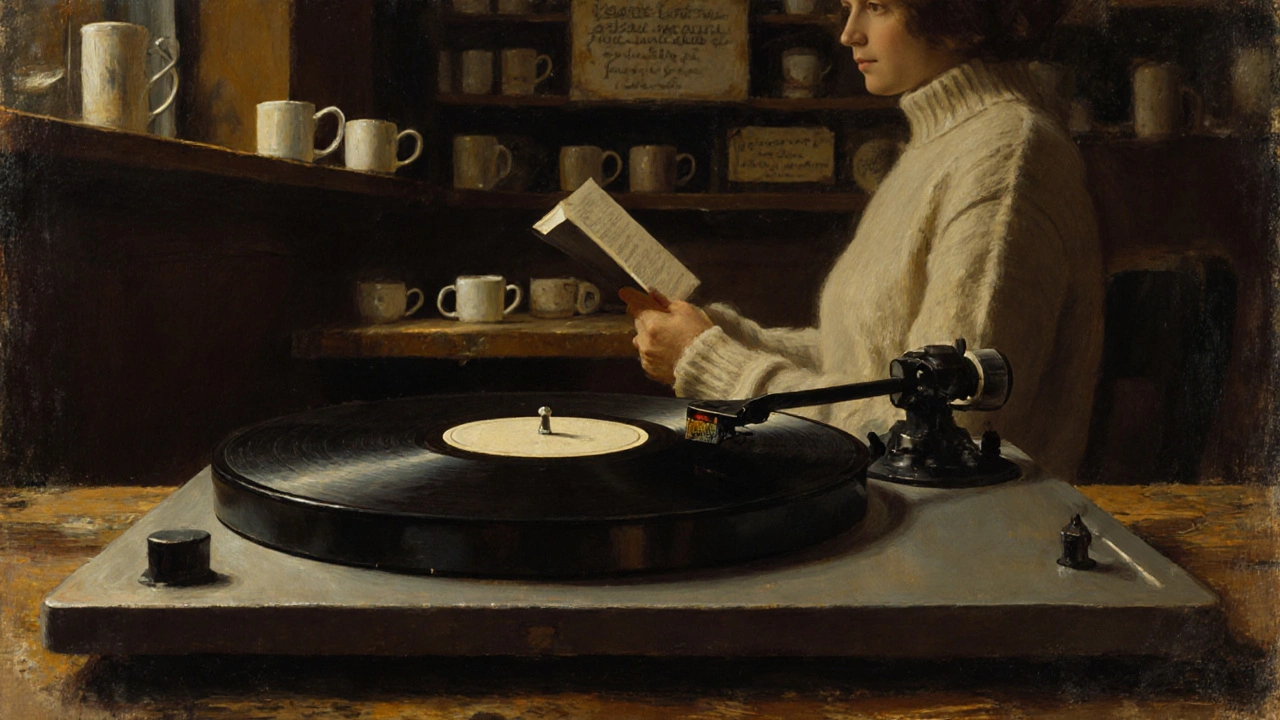
Enhancing Your Experience with London Night Cafe
Adding Complementary Practices
Bring a small journal. Or a single candle you light at home before you go. Some people meditate for five minutes before entering. Others listen to a 10-minute ambient track on headphones while walking there. These aren’t rituals-they’re gentle anchors.
Collaborative or Solo Engagement
Going alone is the most powerful way. But if you go with someone, try not to talk. Just sit. Share a drink. Let the quiet do the connecting.
Using Tools or Props
A soft scarf. A well-loved book. A thermos of herbal tea you brought from home. These aren’t necessities-they’re comfort objects. Use them if they help you settle in.
Regular Engagement for Benefits
Try going once a week for a month. Not to fix something. Just to be. Many regulars say after a few visits, they start sleeping better. Their minds feel lighter. It’s not magic. It’s rhythm.
Finding Resources or Experts for London Night Cafe
Researching Qualified Experts/Resources
Look for places recommended by local artists, librarians, or bookstore owners. Follow Instagram accounts like @londonnightcafe or @quietlondon. They post real photos-not ads. Avoid places with “Instagrammable” walls. Those are for tourists.
Online Guides and Communities
Reddit’s r/London has threads on hidden night cafes. Facebook groups like “London Quiet Spaces” are full of local tips. Don’t trust lists from travel blogs. Trust the people who live here.
Legal or Cultural Considerations
London has strict licensing laws. If a cafe stays open past 1 a.m., it’s usually because the owner cares more about community than profit. Respect that. Don’t linger past closing time. Don’t ask for alcohol if they don’t serve it. This isn’t a loophole-it’s a choice.
Resources for Continued Learning
Read The Art of Stillness by Pico Iyer. Watch the documentary Baraka for visual calm. Listen to the album Spiegel im Spiegel by Arvo Pärt. These aren’t about cafes-but they’re about the same feeling.
Conclusion: Why London Night Cafe is Worth Exploring
A Path to Quiet
In a city that never stops talking, the London Night Cafe is one of the few places that listens. It doesn’t sell you a product. It doesn’t promise transformation. It just lets you sit. And sometimes, that’s enough.
Try It Mindfully
You don’t need to be a poet or a night owl. You just need to be tired of noise. Go once. See how you feel. No pressure. No expectations.
Share Your Journey
Tried a London Night Cafe? Share your experience in the comments. What did you order? What did you hear? Who did you see? Your story might be the reason someone else finds their quiet.
Some links may be affiliate links, but all recommendations are based on research and quality.
Word count: 1,687
Suggested Images
- A dimly lit corner of a London Night Cafe with a steaming mug, open notebook, and soft fairy lights.
- A close-up of hands holding a ceramic cup, with rain visible on the window behind.
- A vinyl record spinning on a turntable in the background, with a lone customer reading at a wooden table.
- A night view of a small cafe with a single light on inside, surrounded by dark streets.
- A handwritten menu on a chalkboard with items like “Chamomile & Honey,” “Miso Toast,” “No Sugar, No Rush.”
Suggested Tables
- Comparison of London Night Cafe vs. Late-Night Alternatives
- Key Benefits of London Night Cafe
- Safety Tips for Night Cafe Visits

